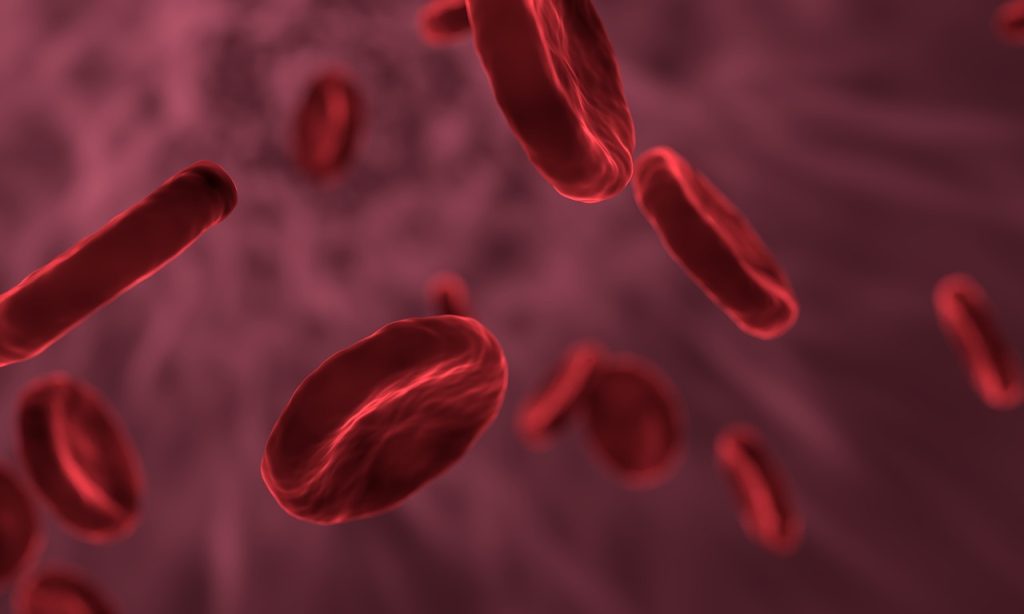
Every year around two million people die worldwide from haemorrhage, which accounts for more than 30% of trauma deaths. Medical glue, often used to stop the bleeding, is ineffective if the site is too wet or if the site can’t be compressed. But marine animals like mussels and flatworms are able to bond to surfaces underwater, inspiring researchers to develop a medical adhesive, which they describe in Nature Communications.
“When applied to the bleeding site, the new adhesive uses suction to absorb blood, clear the surface for adhesion, and bond to the tissue providing a physical seal. The entire application process is quick and pressure-free, which is suitable for non-compressible haemorrhage situations, which are often life-threatening,” says lead author Guangyu Bao, a recently graduated PhD student under the supervision of Professor Jianyu Li of Department of Mechanical Engineering.
Testing out the their new technology, the researchers found that the adhesive promotes blood coagulation. The adhesive can also be removed without causing re-bleeding or even left inside the body to be absorbed. “Our material showed much better-improved safety and bleeding control efficiency than other commercial products. Beyond bleeding control, our material could one day replace wound sutures or deliver drugs to provide therapeutic effects,” said senior author Professor Jianyu Li.
Source: McGill University

